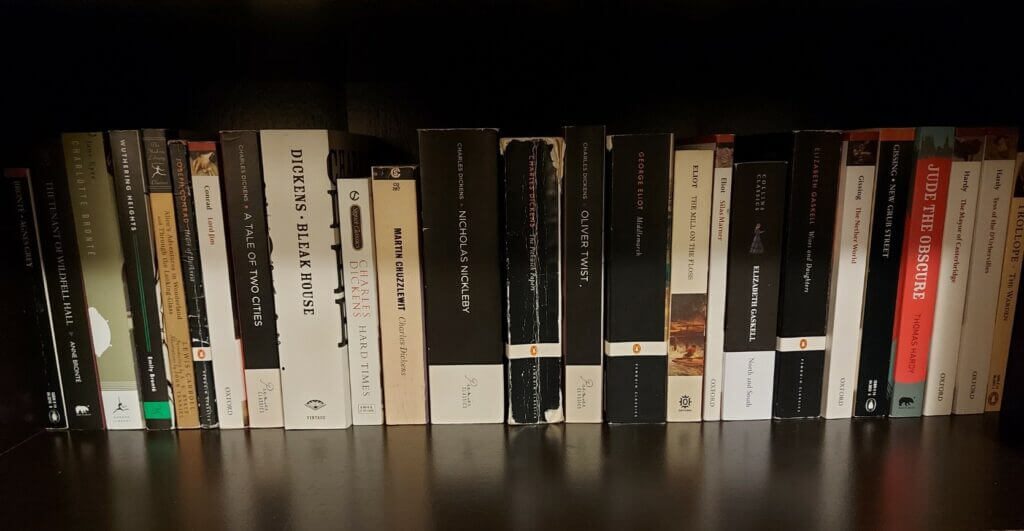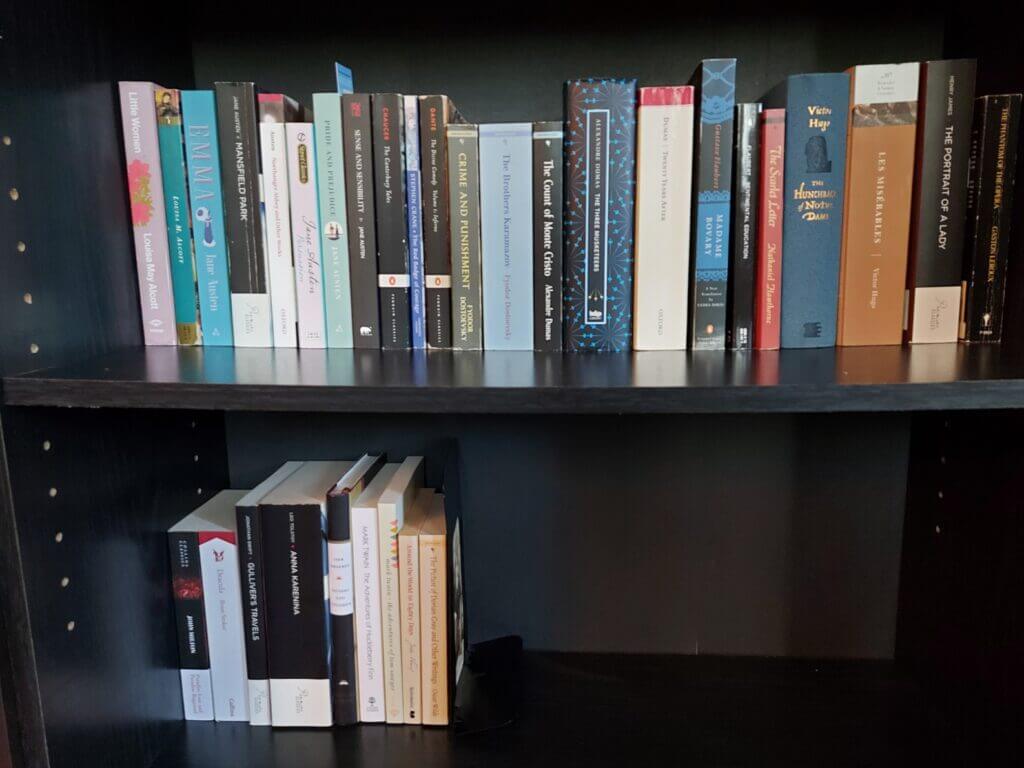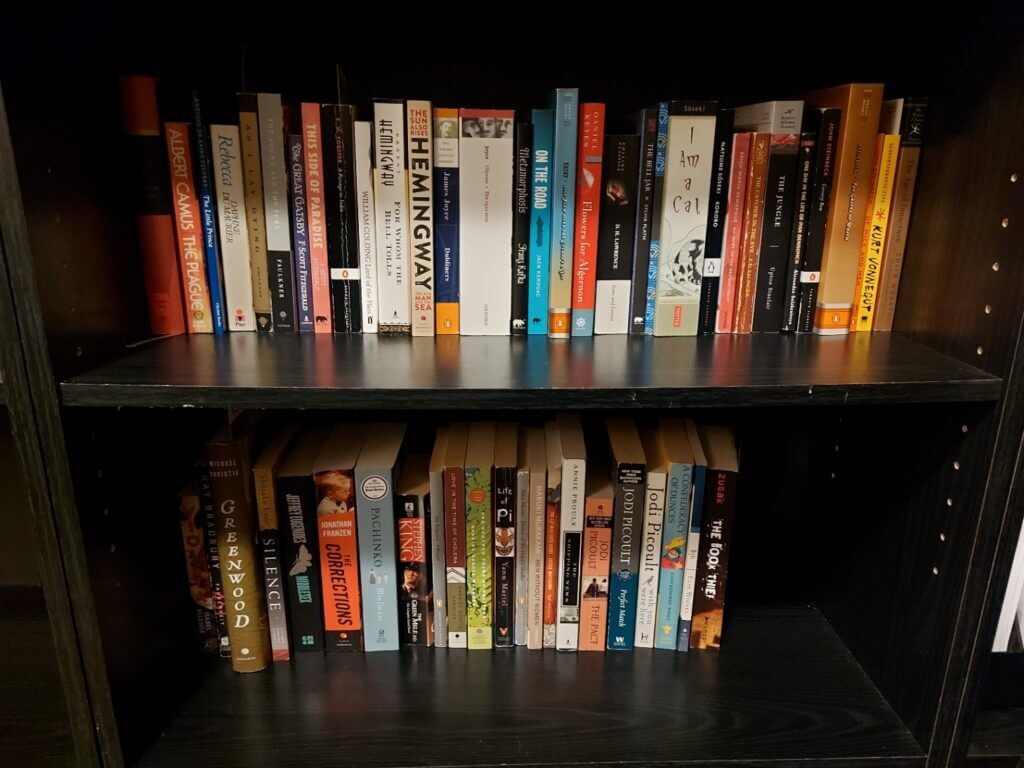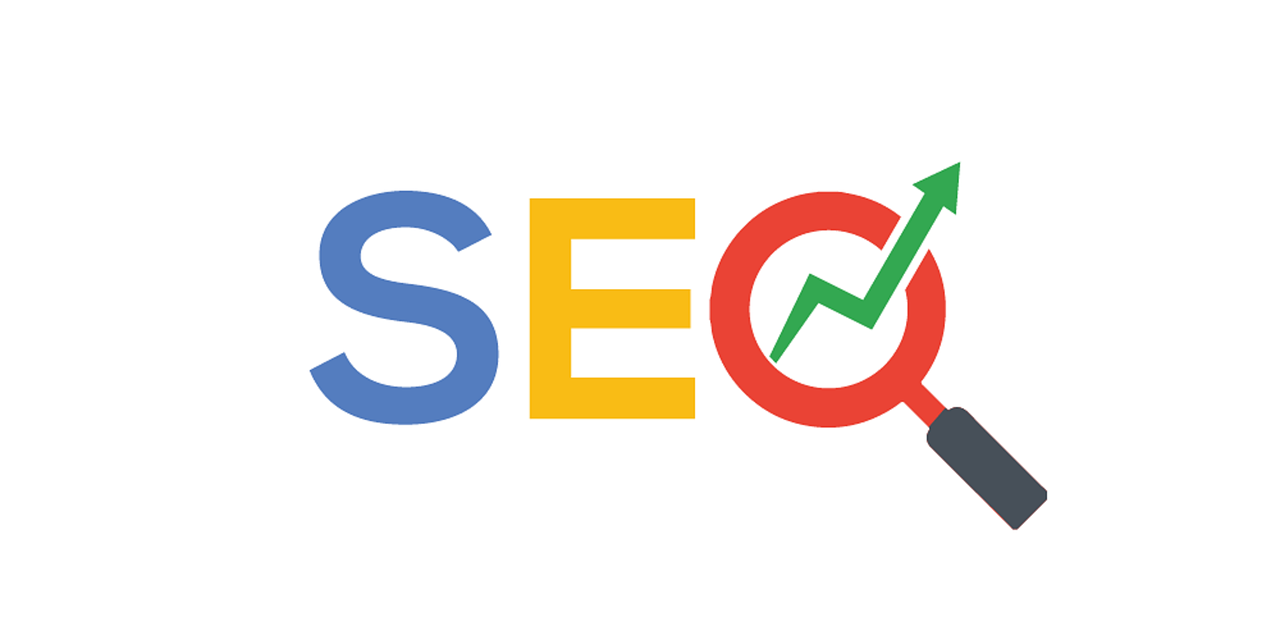Have you ever noticed how life can change you in such crazy ways? Well, it happened to me. I used to complain and gripe about picking up a book.
I also hated writing. It was the most boring job of all in the sea of undergraduate lab reports.
All of that changed when I started my writing career. At the time, I picked up a classic novel that would change how I saw writing forever. The more I read through the classics, the more I found science writing to be fun and fulfilling.
I have probably surprised some of you with my revelation. How can reading novels, which have little to do with biotech and life sciences research, help me be a science writer?
Well, reading novels helps far more than you think. That’s what this PhenoWrite article is about! Read on to see the benefits of reading novels (both classics and modern) and the top 5 favourite novels I’ve read so far!

Why read a novel?
Reading a novel has been among my most fulfilling daily activities for the past year. I read a part of a novel for an hour before I go to bed every night. I also love spending a weekend afternoon finishing a novel. Aside from it being a relaxing and rejuvenating activity, there are plenty of other reasons you should read a novel:
- Gain new perspectives:We as a society are constantly inundated with diverse ideas and opinions from other people in the present age. Even so, the intense effort required to succeed in the life sciences often finds us thinking only from certain angles. Reading novels provides us with new points of view, not just from our present time but throughout history. We can expose ourselves to an infinite set of human experiences by reading a good novel. We can understand how people behave and think and enhance our abilities to communicate with our target audiences. Lastly, we can train our minds to understand how the experiences of others shape their daily lives and rationale. All these traits are essential to being a successful science writer.
- Expand your imagination: Being a good writer requires a strong imagination. We often find ourselves imagining all the possibilities of accurate long-read sequencing to diagnose genetic variation, being able to image 3D structures to a nanoscale level, or tracking the expression of individual cells through single-cell sequencing. How would all of that be possible without a strong imagination? What’s especially amazing is that novelists, especially in science fiction, have been imagining new worlds like these for centuries. Just read Jules Verne and you’ll see what I mean. Reading novels will help you feel those worlds come alive with all the possibilities they can bring.
- Improve your writing: I feel like we’ve lost a bit of appreciation for how impactful writing can be. The best novelists throughout history could inspire global change with their writing. Charles Dickens wrote with such wit and heart-touching prose that his pen drove societal reforms in Victorian England. His prose also facilitated the opening of the first pediatric hospital in the UK. By reading from the best authors – both modern and classics – we can learn to write in a way to speaks to our audiences today. No it doesn’t mean you should write in old-style English. Instead, reading novels exposes you to strong prose that you can apply in your own writing.
All this is just the tip of the iceberg of reading’s benefits. For one, reading the classics is associated with improved moral behaviour. You can also enhance your vocabulary and improve empathy by reading. With all these benefits, why not spend a half hour of your day reading a novel?
What are my 5 favourite novels so far?
At this point, you may be wondering what novels I like to read the most. Admittedly, I only went deep into reading novels this past half year. Even so, I’ve read 15 novels in that time span after being a book hater for so long.
With that, here’s 5 of my favourite novels (so far), not in any particular order:
- Crime and Punishment by Fyodor Dostoevsky: This was the novel that started everything. It started my love of reading, my eagerness to share science, and my career in science writing. I loved how well Dostoyevsky delves into Raskolnikov’s heart as he wrestles with what he’s done at the start of the story. All by himself he suffers, pushing himself away from the love of his friends and family. He felt every right to do what he did, yet he couldn’t live with his guilt. It was a most moving novel indeed.
- Little Women by Louisa May Alcott: This was a very relaxing read. I read it after a long day of work and I just want to recline and rest with a cute novel. If you’re wondering, Amy is my favourite.
- Frankenstein by Mary Shelley: This novel brings up the scientist in me. The importance of ethics in scientific research and what happens when humanity oversteps its boundaries strikes me as strongly relevant in today’s age.
- Madame Bovary by Gustave Flaubert: Flaubert places a lot of strong critiques against French middle class society in the 19th century here. From reading fluffy romance novels without substance to a puffed-up sense of reading the latest news without strong expertise, a lot of what I read here applies to today’s world as well. I also love Flaubert’s flowing prose. It’s helped me write articles that get to the point, yet put the reader on a journey of sorts.
- I am a Cat by Sosuke Natsume: “I am a cat. As of yet, I have no name.” The novel’s first line is quite something. It’s followed by 500+ pages of Jane Austen’s wit, except far more scathing and resigned. All from a cat’s perspective as he lives in the home of a schoolteacher. Much like Madame Bovary, I believe you’ll find a lot of lessons here that you can apply in everyday situations today.
Want to see my fiction bookshelf?
If you’re wondering how much of a bookworm I’ve become, here’s a picture of my fiction bookshelf! I have one bookshelf dedicated to novels written by authors in Victorian England, a bookshelf for all other novels before the 20th century, and one more for novels written in the 20th and 21st centuries. Have a look below! I have another shelf for non-fiction books, but that’s a discussion for another time.



Want to see how strong writing style can transform your content marketing?
Get in touch to see how our versatile writing styles at work can help you accomplish your marketing goals.
Author
-

Paul Naphtali is a seasoned online marketing consultant. He brings to the table three years of online marketing and copywriting experience within the life sciences industry. His MSc and PhD experience also provides him with the acumen to understand complex literature and translate it to any audience. This way, he can fulfill his passion for sharing the beauty of biomedical research and inspiring action from his readers.
View all posts



